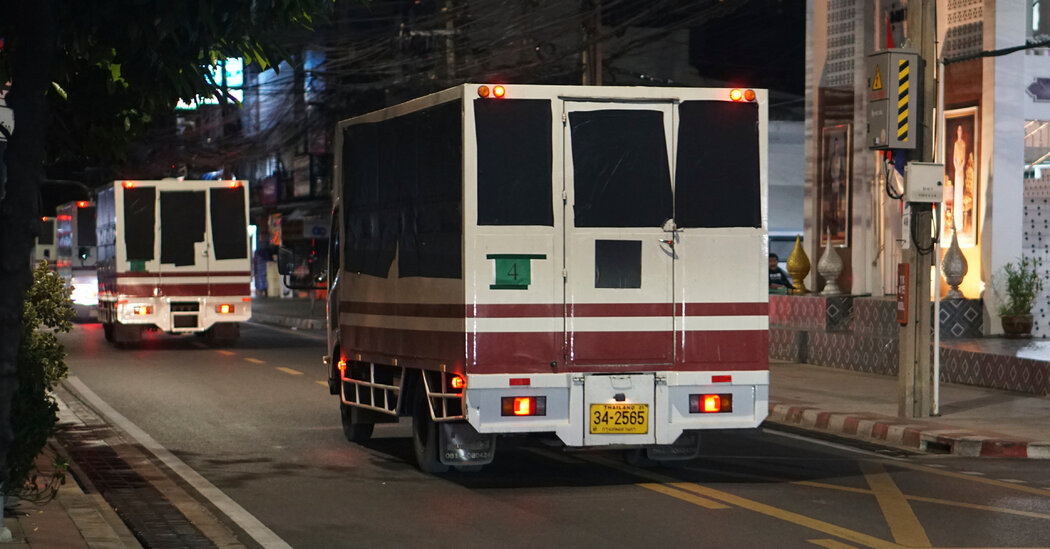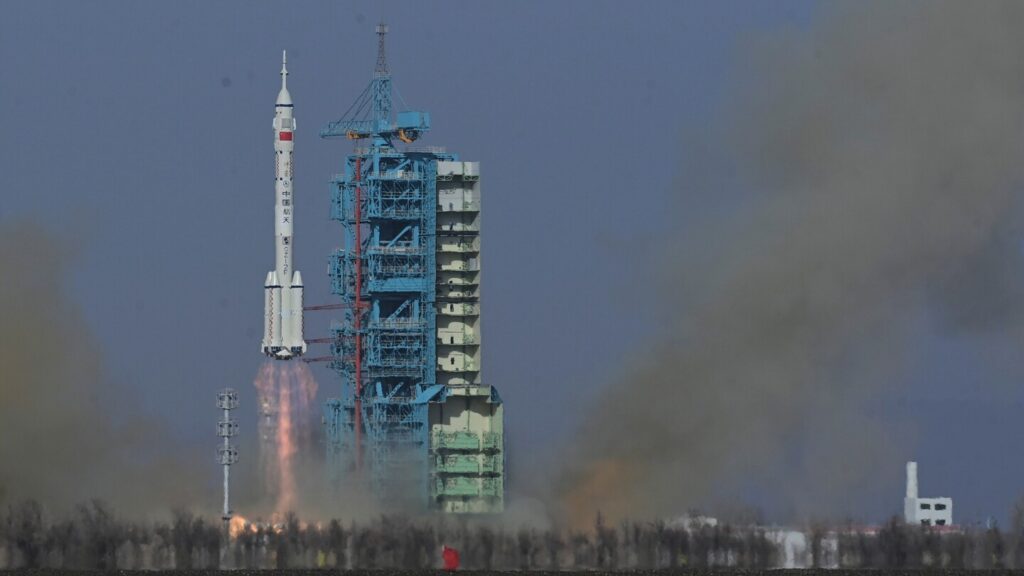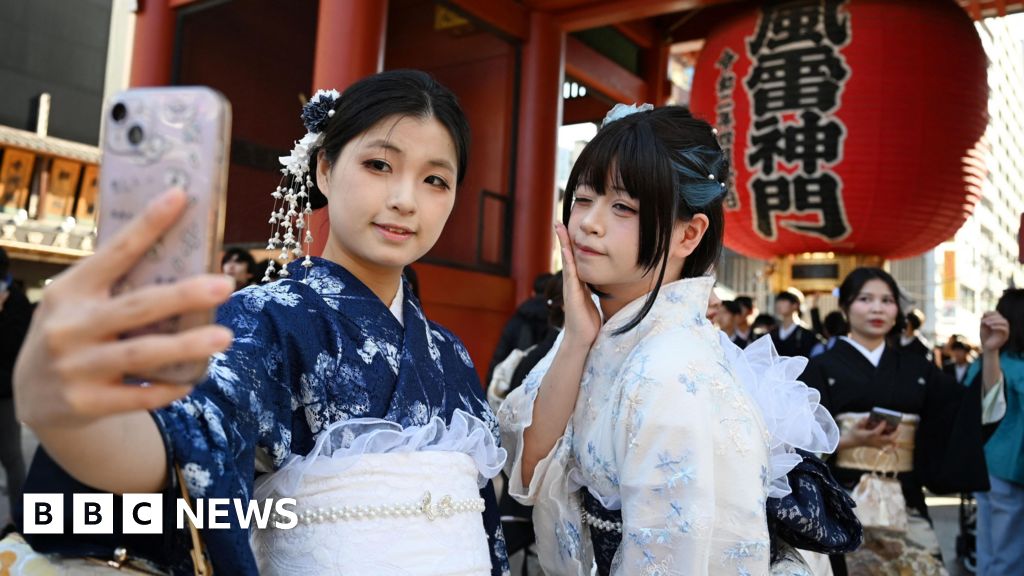Now Reading: Thailand Deports Dozens of Uyghurs to China Despite Pleas
-
01
Thailand Deports Dozens of Uyghurs to China Despite Pleas
Thailand Deports Dozens of Uyghurs to China Despite Pleas

Thailand on Thursday deported 40 Uyghur asylum seekers back to China, drawing a sharp rebuke from U.N. officials and activists who had long warned that the men would possibly face torture and long-term imprisonment upon their return.
The deportations, which Thai officials said were carried out at Beijing’s request, are a major victory for China, showcasing its growing clout in the region in contrast to the United States, which has alienated allies and partners under the new Trump administration. Just three weeks earlier, Prime Minister Paetongtarn Shinawatra of Thailand had met with China’s leader, Xi Jinping, in Beijing to discuss a railway project and ways to increase Chinese tourism.
The United Nations’ refugee agency and Volker Türk, the U.N. human rights chief, called the deportations a clear violation of international law. Uyghur activists abroad deplored the decision.
“I’m deeply saddened, worried and terrified about what’s going to happen to them next,” said Tahir Imin, a U.S.-based Uyghur activist who was previously imprisoned in China. “They will get unimaginable punishment. Torture, death and long-term imprisonment is guaranteed.”
China has used its power and influence to silence its critics abroad and pressure governments to repatriate citizens fleeing persecution. The Uyghurs will have likely been returned to the region of Xinjiang, where the authorities maintain a tight grip. In recent years the government has detained as many as one million Uyghurs and others in internment camps and prisons, stepped up birth control measures for Muslim women and placed Muslim children in boarding schools.
The Uyghurs, who had been detained in Bangkok for over a decade, were part of a wave of more than 300 people who fled China in 2014, hoping to use Thailand as a transit point to get to Turkey, which is home to a sizable Uyghur community. Last month, some of the detainees, who are all men, went on a hunger strike amid fears of being returned to China.



















